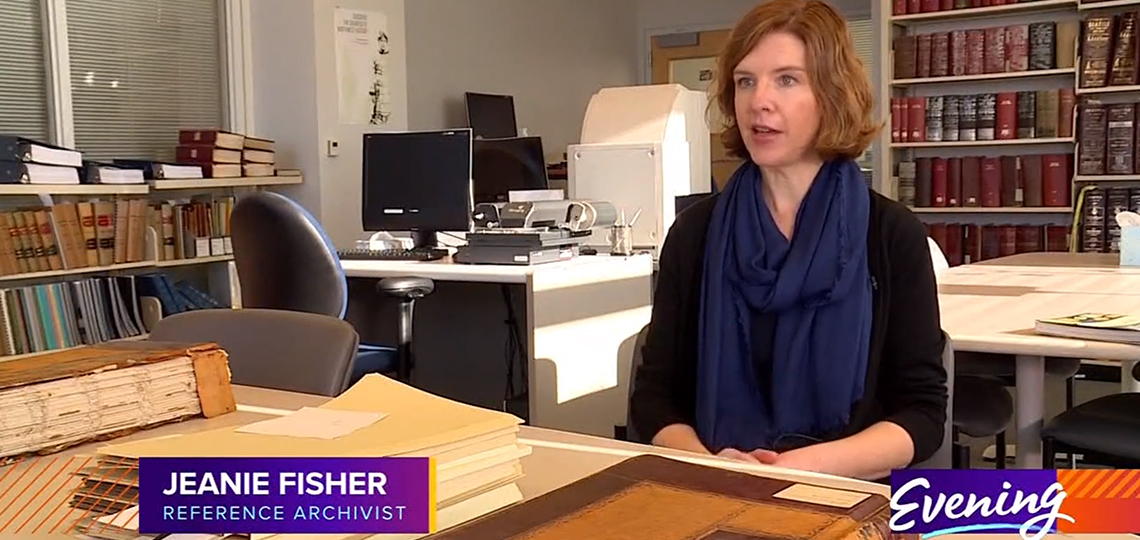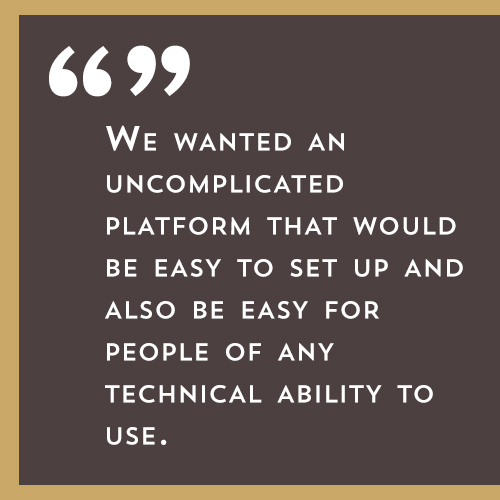
Jeanie Fisher of the Seattle Municipal Archives kindly took the time to answer questions from Sara Brumfield of FromThePage, and discussed their project and experience using the platform.
First, tell us about your documents
Most of the records we currently have up on FromThePage come from our General Files collection, which consists of records documenting City of Seattle activities from the 1870s to the early 1900s.
These are documents that were filed with the City Clerk’s Office, so they range from letters and petitions to claims, reports, bids, and contracts for work. I think they’re really interesting because they illustrate the growth of a booming city in the words of everyday people who were there.
For example, if you wanted the road in front of your house paved or graded, you wrote to the City. If you had a problem with unruly livestock roaming the street and were kept up at night by the incessant sound of cowbells, you complained to the City. If you felt that your neighborhood deserved a fire station, or a connection to the municipal water supply, you might organize a petition, get your neighbors to sign, and submit it to the City. These records are now saved in the General Files collection, and they include the names and words of people who may not be documented elsewhere.
Also available to transcribe are City Council minutes, which can give the other side of the discussion and record any actions that were (or were not) ultimately taken.
We're also working on scanning more handwritten documents from other collections to add to the project, so stay tuned!
What are your goals for the project?
Our goal is to make the content of these records fully searchable so everyone can more easily find and access the information in them.
The records are full of gold nuggets for genealogists, and they’re valuable primary sources for students and anyone interested in early Seattle history. Our goal is also to increase the visibility of our materials and engage new audiences and volunteers in a way that is as “hands-on” as possible in a virtual environment.
How are you recruiting or finding volunteers/collaborators?
We’ve put the word out through our website, features in our quarterly newsletter, and posts on our social media channels.
We were thrilled when the project was featured on a local news show, which gave us a lot of great exposure and quadrupled our new transcribers, literally overnight!
Probably like many others, we noticed an uptick in transcriptions and transcribers when the pandemic started and people began staying at home.
Can you share your experience using FromThePage?
We wanted an uncomplicated platform that would be easy to set up and also be easy for people of any technical ability to use.
We also like that FTP is a web-based platform that can be easily accessed from anywhere, whether you want to create an account or participate as a guest. Also, the ability to test-drive the transcription platform with a trial account was a great way for us to see if the program would work for our needs. We were able to get a sense of how it would fit with our internal workflow, and also get feedback from our first transcribers as to how it was working for them. And since the platform is scalable with different options depending on your number of records and/or institutional capacity, we’re able to work within a level that best fit our needs. Any questions we had along the way have been quickly addressed by FTP staff, so it’s been a positive experience all around!
How does FromThePage & crowdsourcing fit with a municipal archive?
Access is a big part of what we do.
As a government archives, our materials are public record and open to everyone. We’ve been digitizing records and making them available online for many years, usually with full-text searchability, except in cases where handwriting trips up the OCR software. So having the transcriptions gives us the opportunity to open up these records in a way that goes beyond having the digital surrogate online, by adding that full content to our indexes. And the transcriptions are also useful for us as archivists to have easier and quicker access to these records when answering reference questions and researching new exhibits.
What would you tell folks considering a similar project?
A good first step for us was to try our hand at transcribing.
We browsed projects from other institutions – both at FromThePage and other platforms – to test drive how a crowdsourced transcription project could work from the user’s perspective. This helped us gauge the user-friendliness of a given platform, and it was also useful to see the kinds of records people were transcribing.
Anything else you'd like to tell us?
It’s been exciting to see the transcriptions come in and hear from our community of volunteer transcribers who say they enjoy this unique way of learning about the history of their city!
